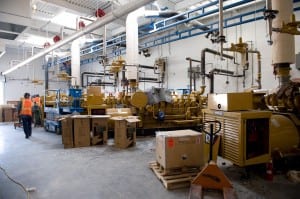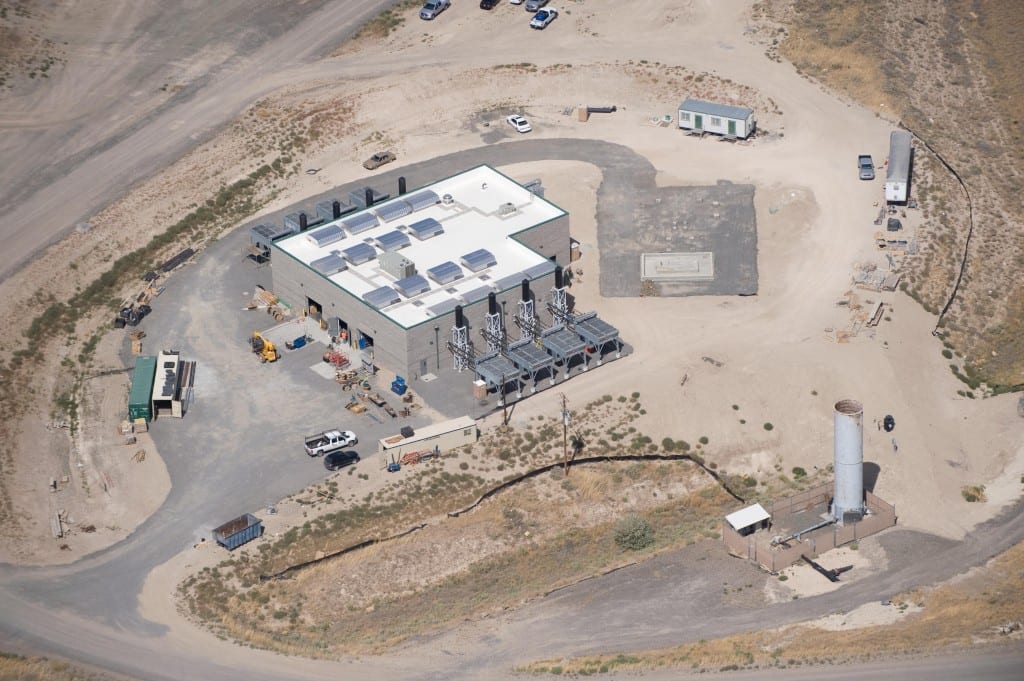 Seattle’s trash will soon generate even more clean energy for Seattle City Light customers.
Seattle’s trash will soon generate even more clean energy for Seattle City Light customers.
Seattle’s trash will soon generate even more clean energy for Seattle City Light customers.
Waste Management is doubling the generating capacity of its Columbia Ridge landfill gas power plant in Oregon and City Light will buy all the electricity it produces.
“Even the trash we throw away is a resource that can be used to generate clean electricity,” said Jason Rose, area vice president for Waste Management. “We are completing the circle of sustainable practices, maximizing the resources of even our garbage to find new, alternative energy in an environmentally responsible manner.”
Seattle Public Utilities ships Seattle’s garbage to Columbia Ridge for disposal. Since 2009, Waste Management has captured the methane created by the decaying garbage and used it to fuel a power plant on site. City Light then purchases the electricity that is produced and uses it to help power the more than 400,000 homes and businesses it serves.
Currently, Columbia Ridge has the capacity to generate 6.4 megawatts of electricity. The expansion is expected to be ready for commercial operations in August with a new capacity of 12.8 megawatts. That’s enough electricity to power about 12,500 typical Seattle homes.

More generators like these are being added at Columbia Ridge to generate more clean electricity from Seattle’s trash.
“Adding the increased generation from Columbia Ridge to our energy portfolio helps us meet our customers’ electricity needs, continue our status as a carbon-neutral utility and meet the new renewable energy goals of Initiative 937,” City Light General Manager and CEO Jorge Carrasco said.
“Opportunities like this are how we limit our environmental impact while delivering reliable electricity to our customer-owners at some of the lowest prices in the country,” he said. “It’s another example of why we are the nation’s greenest utility.”
Seattle City Light is the 10th largest public electric utility in the United States. It has some of the lowest cost customer rates of any urban utility, providing reliable, renewable and environmentally responsible power to about 750,000 Seattle area residents. City Light has been greenhouse gas neutral since 2005, the first electric utility in the nation to achieve that distinction.
